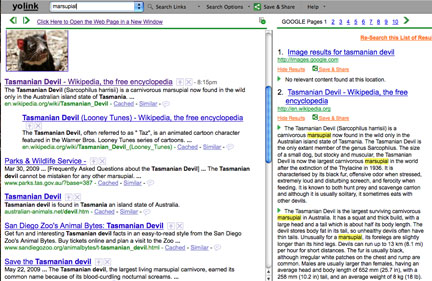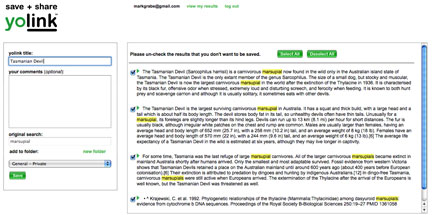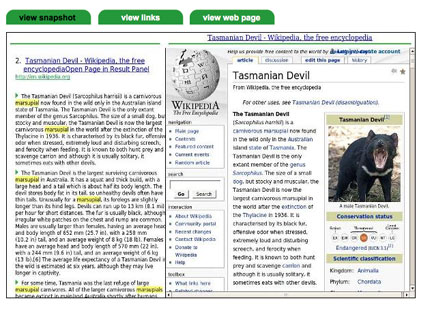There is now some distance between the NECC experience and the present. This is true on several dimensions – I have had time to reflect and I have completed the drive home (3500+ miles round trip).
I find that I am beginning to find the “dataless” pronouncements of some who advocate for positions I actually suport to be quite annoying. I can attach this annoyance to names, but this is not my point. I take offense in the implication that truth is obvious to those who understand and asking for evidence is somehow an indication that I lack insight, intelligence, or a degree from the appropriate graduate program (the one that did provide me a degree mant years ago did require I offer data in defense of the claims I made in my dissertation). I am not requesting standardized test data – this is the straw man you attack over and over again. I am simply asking you for working examples in the wild of the great variety of real kids with parents (or not) of real incomes.
My request is simple – don’t complain and enough of the rhetoric – offer me something a little more concrete. Enough of what others do wrong where they work. Forget about your next speaking gig and the fee it will bring. Spend some of your energy working to create a productive working example of what you advocate in a real working educational setting.
Consider, for example, the Microsoft and Philadelphia School of the Future. The story of the SOF has been covered in eSchool News over the past couple of issues (June and July – current issue requires login). This is not a story of success, but it at least is a story. There is something concrete to consider. What happens when an effort is made to translate vision into reality? What can go wrong? Why did things not work out? Are the concerns that may have led to the disintegration of SOF avoidable?
Perhaps this was a failure. Perhaps this was something concrete that can guide future efforts. At least it was more than words.
![]()




You must be logged in to post a comment.